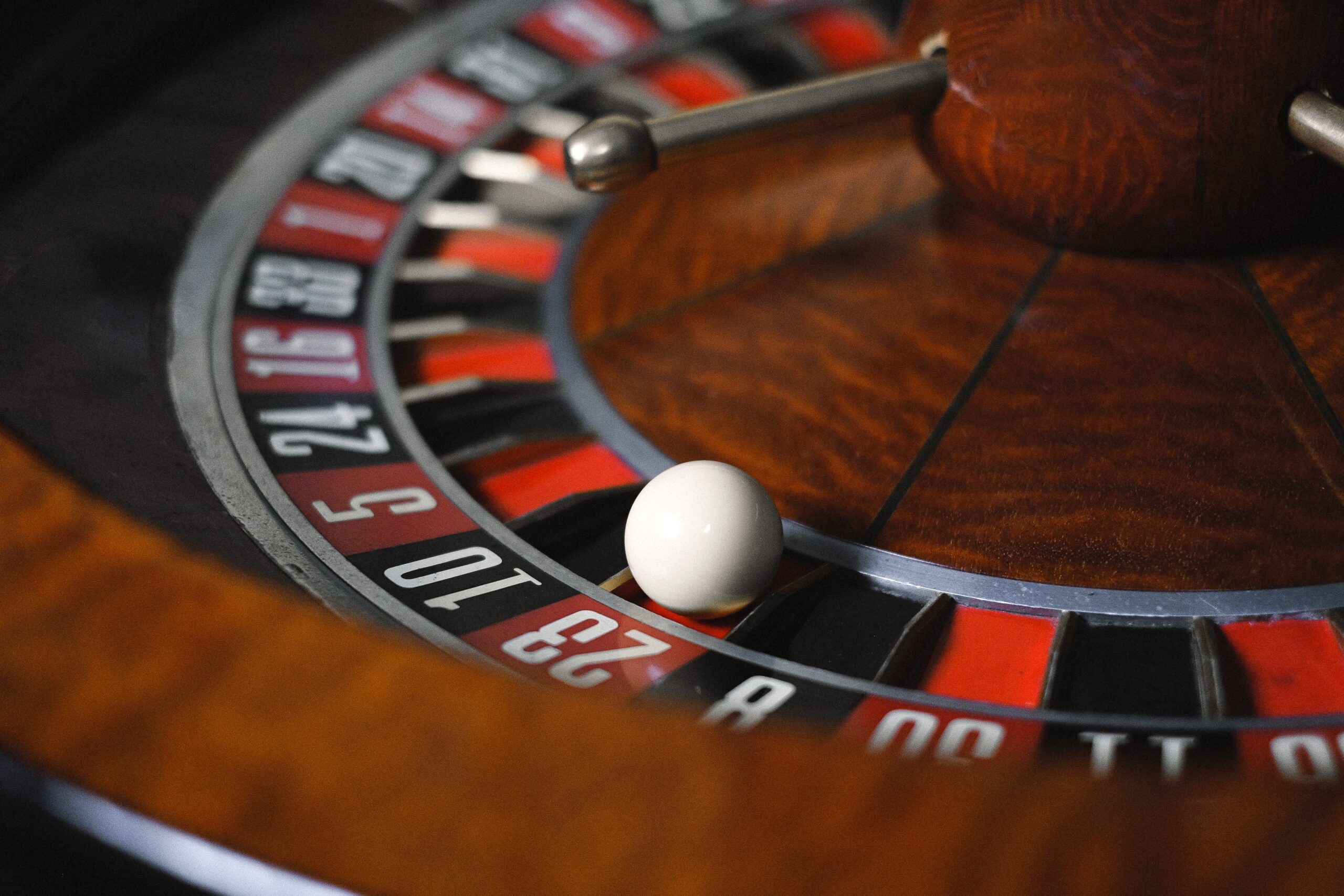Everyone is predisposed to a certain type of thinking. Generally speaking, people are clumped into Type A or Type B categories. These categories divide the world according to abstract and creative forms of thinking vs a more logical and detail-oriented approach. In reality, most people have characteristics of both Type A and Type B.
However, it’s undeniable that the majority of people are inclined toward one type of thinking. Some prefer to take a less direct approach to a subject, while others prefer to dive into the details and start memorizing key concepts. Regardless of your outlook, one topic that gives many professionals trouble is mathematics.
That’s because you either have a mind for numbers or you don’t. While it’s never too late to learn something new, it can feel incredibly discouraging to toil with mathematical problems—whether that’s doing basic calculations or understanding a concept like probability. No matter what professional skills you need while on the clock, having a deeper understanding of math is always helpful.
If you’re feeling stuck developing your math skills, then consider trying one of the ideas below. The first two are games, which make them a great option for anyone who’s feeling a little unmotivated.
Play Roulette
The game of roulette requires players to think in hard numbers and probabilities. That’s because roulette numbers greatly influence the outcome of the game in terms of probability. In other words, a player must calculate their bankroll, project the probabilities of a win based on the available placements, then try to cover themselves in the event of a loss. There are a lot of moving pieces to keep track of.
Players are challenged to develop critical thinking skills based on mathematical calculations and the probability of certain outcomes. The more bets they place on the table, the more complex these calculations will be—and the more riveting it will be to watch the wheel spin.
Play Sudoku
Sudoku doesn’t have quite the same excitement as the roulette table. However, this game also helps develop mathematical skills. While roulette involves probabilities, sudoku requires players to use trial-and-error methods to generate the correct number combinations. This involves memorization and logic, which helps the player develop critical thinking skills related to mathematics.
Take a Conceptual Approach
If roulette and sudoku aren’t helping you tackle the type of mathematical thinking that you’re interested in, then consider taking a more conceptual approach. Oftentimes, learners are turned off by math because teachers present the subject as dry and static.
However, mathematics is based largely on theories, making it a lot more abstract than people think. From arithmetic to geometry to integrals, mathematics can be viewed as a numbers-based art form. And today, there are lessons designed to teach you the more creative side of math and get people interested in the subject from a variety of angles. These include apps like Photomath and books like Flatland: A Romance of Many Dimensions.
Rely on Mental Maths
So far, we’ve covered pathways to learning maths that involves gaming and taking a more conceptual approach to the subject. However, if you’re looking for a simple way to boost your arithmetic skills without setting aside time for playing roulette or reading Flatlands, then you can simply create more opportunities to use mental math in your daily routine.
Today, much of our lives are automated, meaning we aren’t responsible for keeping track of expenses, balancing checkbooks, or planning a road trip on a paper map. In other words, activities that required a bit of mental math are now handled by machines. But that doesn’t mean you can’t challenge your mind in small ways.
Here are a few ways you can incorporate more mental math into your daily life:
- Tabulate what you’ll owe before you head to the checkout line, for groceries and for petrol.
- The next time you’re doing home renovations, calculate some of the measurements by hand.
- Calculate the distance to the places you’re traveling, even if it’s by metro or bus.
- If you’re ever counting down the clock, then add up the seconds you still have to wait.
- Use your brain instead of a calculator to split the bill.

